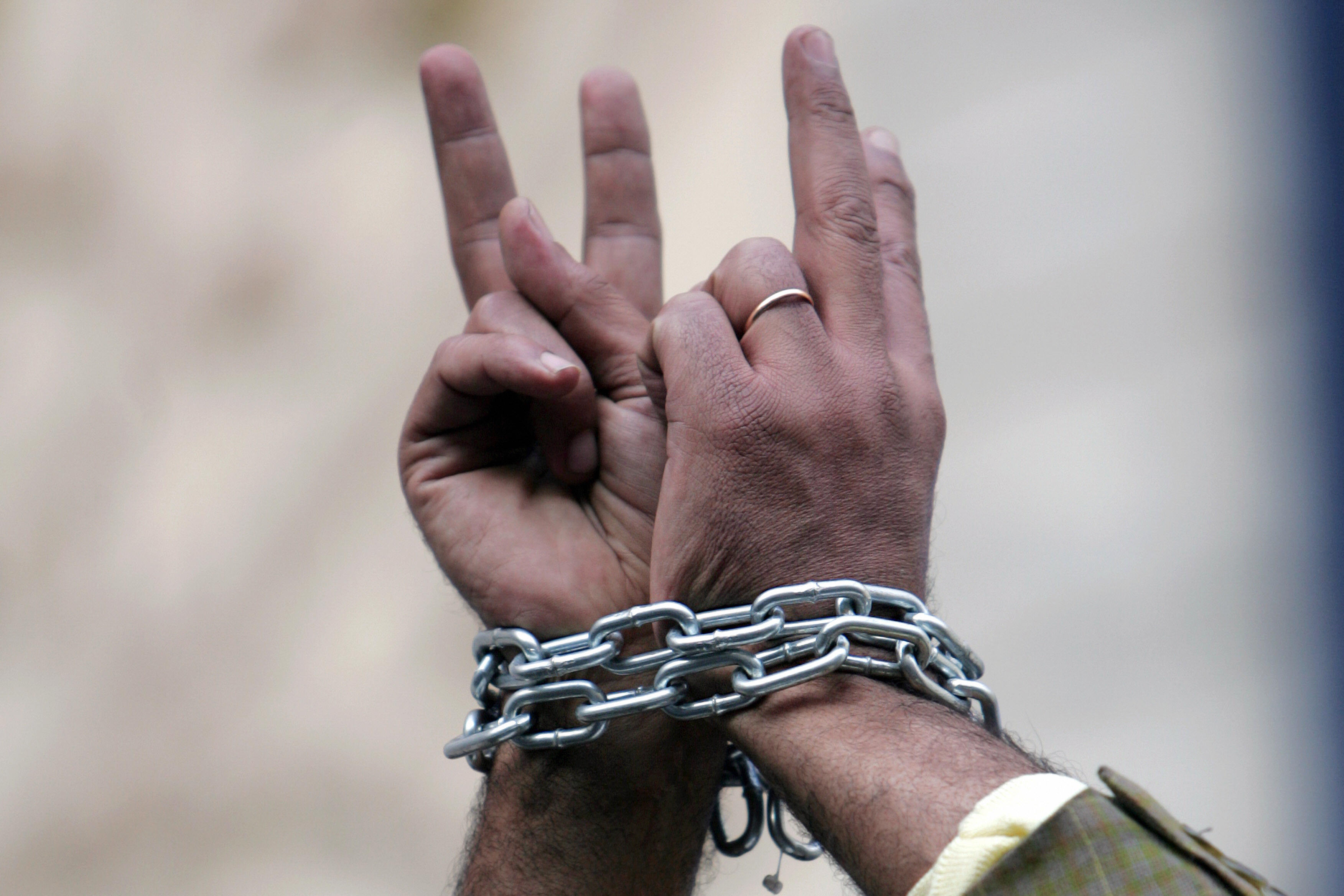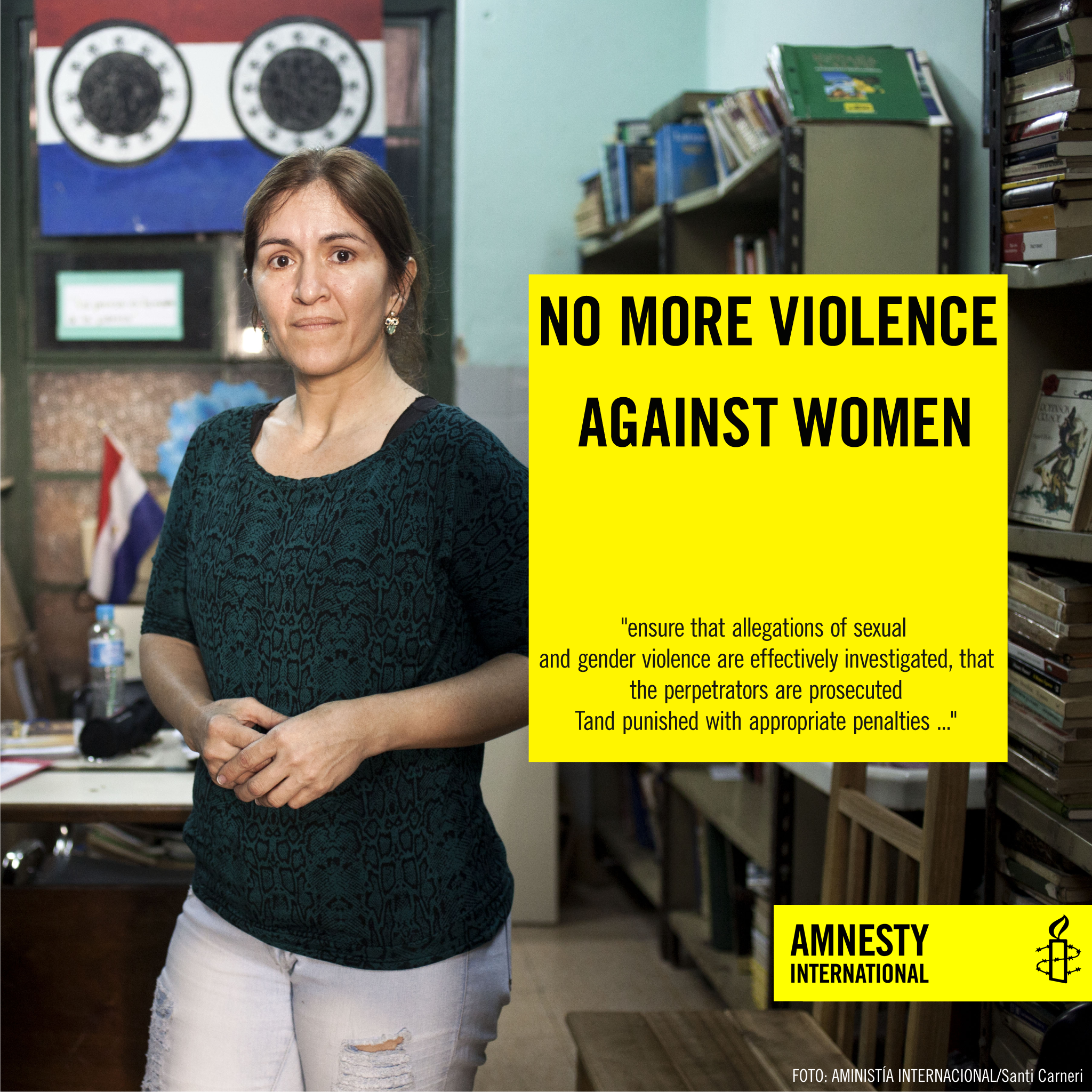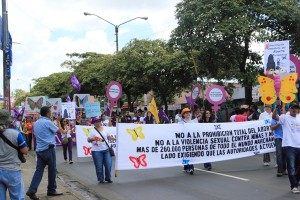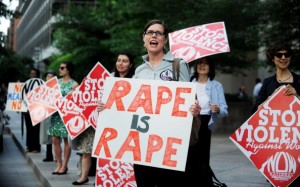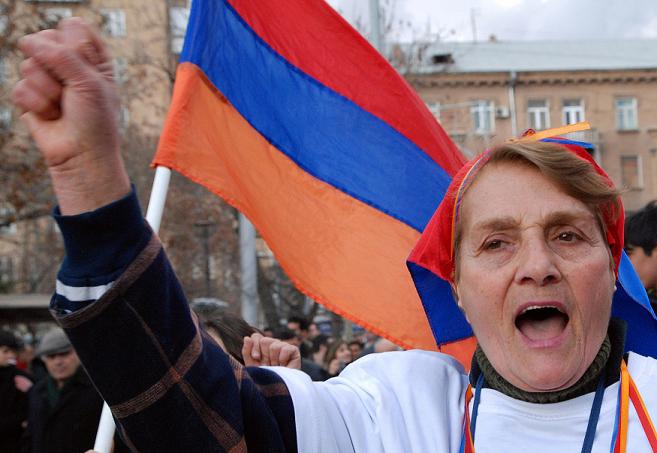On September 28, 2010, Gaile Owens, a 57-year old mother and grandmother, is set to be executed in Tennessee – she would be the first woman executed since 1820 in the state. She was convicted of soliciting the murder of her husband, Ronald Owens, more than 24 years ago. But since the conclusion of the trial, evidence has emerged that Gaile Owens endured severe abuse at the hands of her husband, and may have been suffering from “Battered Women’s Syndrome.”
When Owens was arrested in 1985, she was appointed a lawyer who helped out at the beginning of the case but soon had to withdraw, leaving Owens with two other attorneys. The first lawyer though, signed an affidavit in 2009 recalling Owens’ state of mind the day after the arrest:
[Gaile was] extraordinarily remorseful for hiring someone to kill her husband. But her most immediate and profound concern was the well-being of her children. Ms. Owens was clear – she wanted to plead guilty and avoid a trial because she didn’t want to put her children and the rest of her family through any more pain…Ms. Owens was also immediately forthcoming with me regarding her motivations for hiring someone to kill her husband – her husband was abusive and cheated on her regularly. Based on the information she provided, I immediately recognized that the defense in this case should be that Ms. Owens suffered from battered women’s syndrome. Based on that, I believe this case should never have been a death penalty case.
Gaile Owens did indeed agree to plead guilty in exchange for a life sentence, but was not allowed to do so because Sidney Porterfield, the man she hired, did not accept the agreement. Both were sentenced to death.
Gaile Owens has received support of organizations such as the National Clearinghouse for the Defense of Battered Women and the Tennessee Coalition Against Domestic and Sexual Violence. They have called for her sentence to be commuted because:
Gaile Owens was a victim of serious abuse at the hands of her husband, including brutal sexual assaults… As organizations that work with victims of abuse, we are particularly appalled by the inadequate investigation and presentation of Ms. Owens’ psychosocial history by her trial attorney, and throughout the case. Ms. Owens was not examined by professionals with the expertise the case required, nor was relevant information presented (at all or as fully as needed) about the abuse she experienced over lifetime.
Putting Gaile Owens to death would do nothing now but make the state and people of Tennessee active participants in an ongoing cycle of violence. If ever there was a text book case for a Governor to grant clemency and commute a death sentence, this is it.
